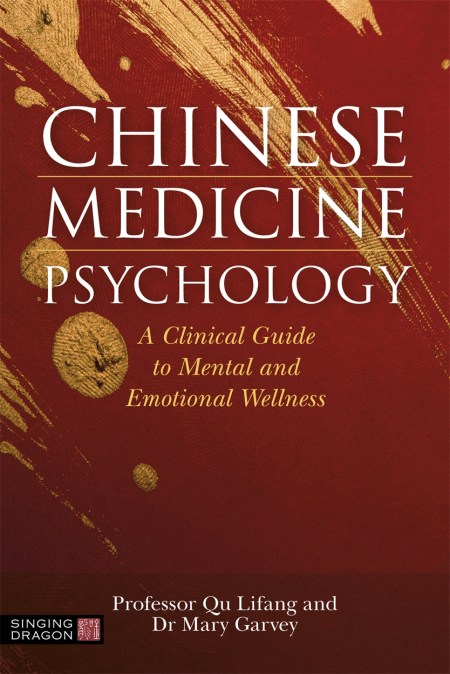Chinese Medicine Psychology
On sale
19th March 2020
Price: £28.99
Both an introduction to Chinese medicine psychology and a clinical guide for Chinese medicine, this book facilitates and promotes the management of mind and emotion-related illnesses.
Based on recent and ancient Chinese sources, it explores and explains previously unavailable material on the generational and ancestral aspects of human mentality, as well as its context within the natural world and the evolution of human life. The first part of the book includes a detailed introduction to the theory of Chinese medicine psychology as well as the modern developments that surround it, whilst the second part is a guide to clinical practice.
Chinese Medicine Psychology allows access to invaluable resources and is an indispensable guide for Chinese medicine practitioners, students and healthcare professionals.
Based on recent and ancient Chinese sources, it explores and explains previously unavailable material on the generational and ancestral aspects of human mentality, as well as its context within the natural world and the evolution of human life. The first part of the book includes a detailed introduction to the theory of Chinese medicine psychology as well as the modern developments that surround it, whilst the second part is a guide to clinical practice.
Chinese Medicine Psychology allows access to invaluable resources and is an indispensable guide for Chinese medicine practitioners, students and healthcare professionals.
Reviews
The authors provide a clear and full depiction of psychological terms and concepts of traditional Chinese Medicine (TCM). They also meld classical and contemporary data to present a clear manual for TCM psychology. The introduction of multiple TCM therapies for mental and emotional diseases will be of great benefit for all TCM practitioners and patients in today's society.
With the increase in the prevalence of mental health issues globally the need for a better understanding of treatment options is now even more imperative. Qu and Garvey explore the classical Chinese medicine wisdom of this rich knowledge area. Drawing from case studies using formulas from the Essential Prescriptions of the Golden Cabinet they weave a clinical narrative that continues to be relevant today.
In part one of their book, Professor Qu and Doctor Garvey have done an admirable job of providing the context needed to merge the Chinese philosophy of Shen with modern psychology. Part two is filled with sound herbal advice. Keep it on your shelf as a reference, but first enjoy it with a cup of tea and a few hours of self-reflection.
Chinese Medicine Psychology provides a nice concise survey and elucidation of the Classical Chinese understanding of psychological disorders. Part 1 discusses medical principles underlying the shén, its formation, manifestations, roles, functions, and maintenance. Part 2 ties in the classical disease patterns from the Golden Cabinet with representative formulas. Pathomechanisms and etiologies are likewise discussed and modifications are provided. Case studies providing anecdotal real-life formulae round out the text. A excellent reference for students and practitioners alike.
Chinese Medicine Psychology is destined to be one of the definitive texts in the field for the diagnosis and treatment of emotional and psychological disorders. Several chapters in part one carefully delineate core concepts from the Su Wen, Ling Shu, Nan Jing, Jin Gui Yao Lue and the work of Zhang Jing-yue (as recorded in the Lei Jing/Categorized Classic). The second part of the book builds on this understanding to explain the foundations of how classical Chinese medicine views essential aspects of human life, mind, and the emotions. In part three, clinical applications are presented built on material and formulas from Zhang Zhong-jing's Jin gui yao lue/Prescriptions from the Golden Cabinet, with case histories. As culture is a major influence on psychology, the authors also compare Chinese and Western approaches to psychology, noting similarities and differences. I highly recommend this text for all practitioners, as xin li xue/psychology is an essential subject that demands clear explanation of terminology, concepts, diagnostics and/or overlays of Western views of the mind and psyche.

